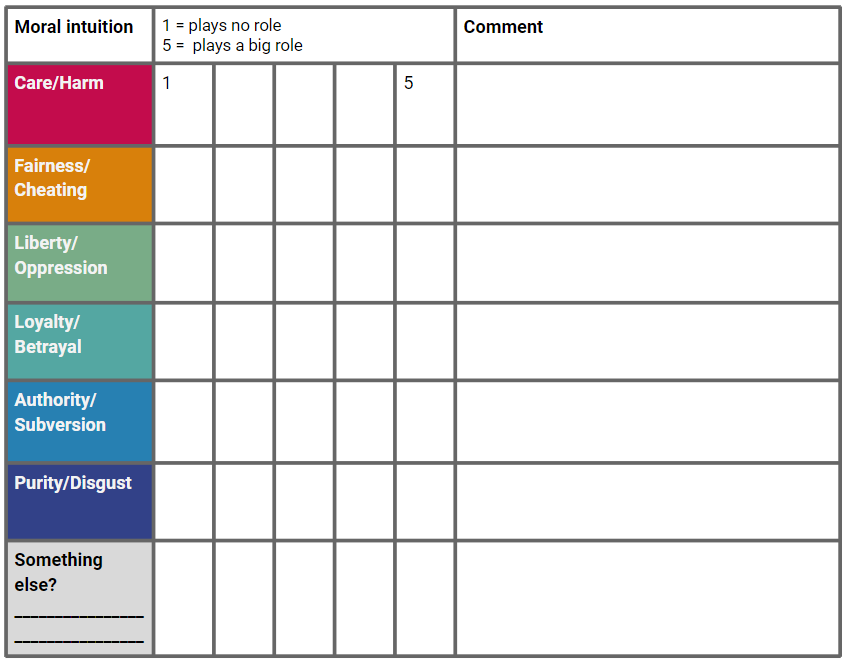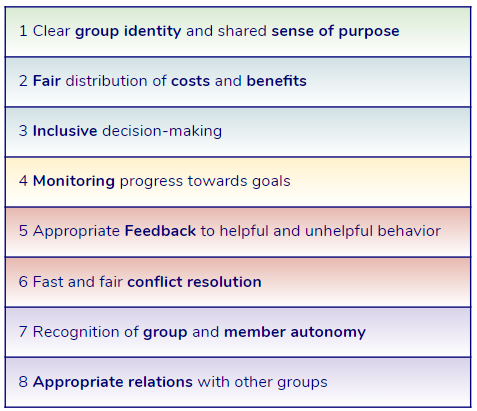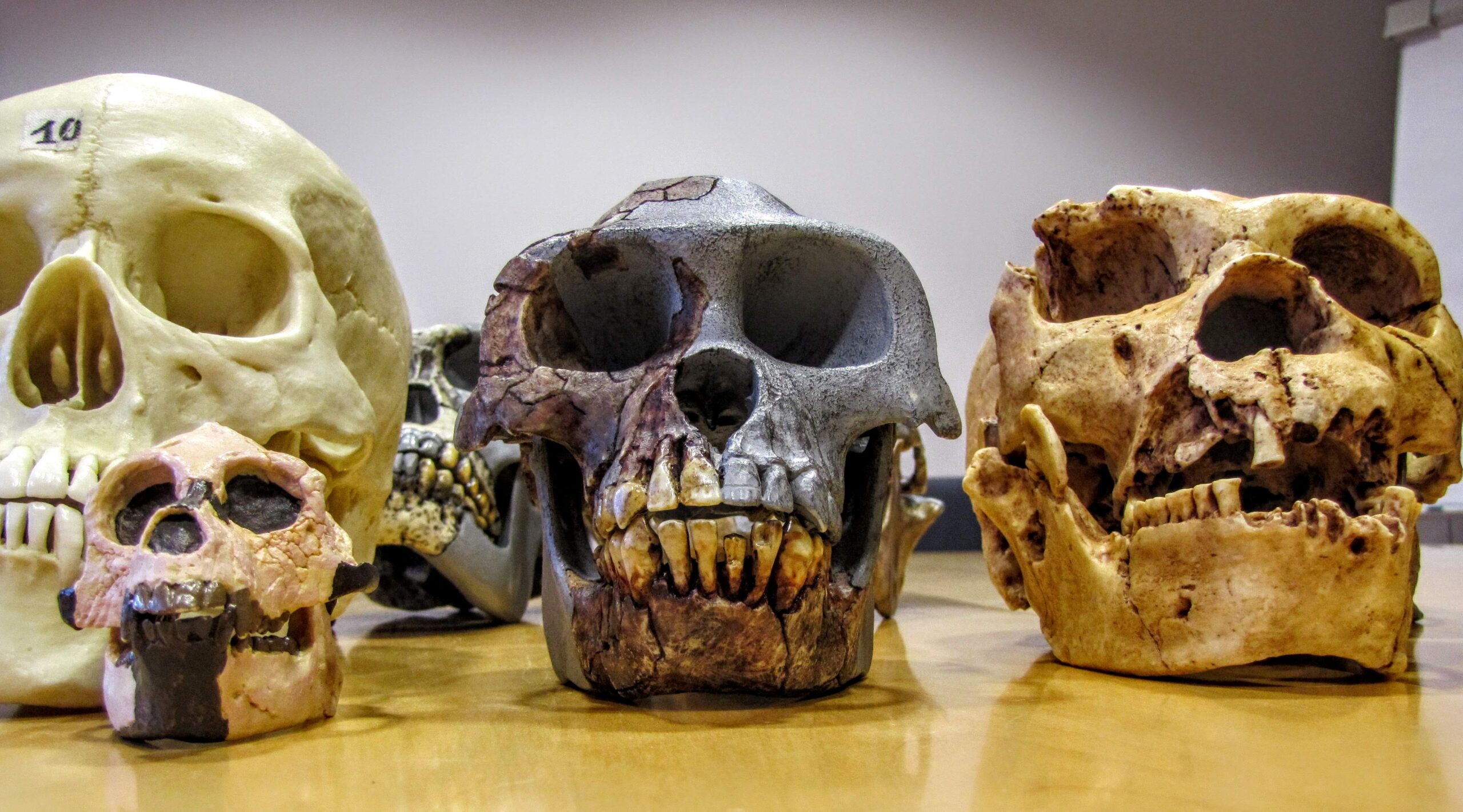
Discussion guide about moral issues
Lesson plan and worksheets to apply understandings of moral psychology in classroom discussions about ethical issues
This lesson is about exploring the concept of values with students and having them identify and reflect on what they personally value, or what makes their life meaningful.
Several studies have explored the role of values clarification and goal setting for students’ academic success and motivation. Important findings include:
Interventions usually take no longer than 15 minutes and can include an activity in which students sort a range of values by personal importance, as well as short writing reflections on important values, or on how the themes learned in the classroom connect to their lives.
More information and a summary of important findings can be found in the teaching materials.
The suggested lesson contains a number of optional activities for deepening understanding of human values.
Author: Susan Hanisch

Lesson plan and worksheets to apply understandings of moral psychology in classroom discussions about ethical issues

Students explore the principles that allow groups to work together and achieve common goals, applying them to the groups that they are a part of or care about.

Classroom resources for exploring (the evolution of) human needs, values, and well-being
This activity lets students explore the six different values domains by considering why we humans might have evolved to find these areas of life meaningful and important, and what kinds of different things we can do to live towards these valued domains.